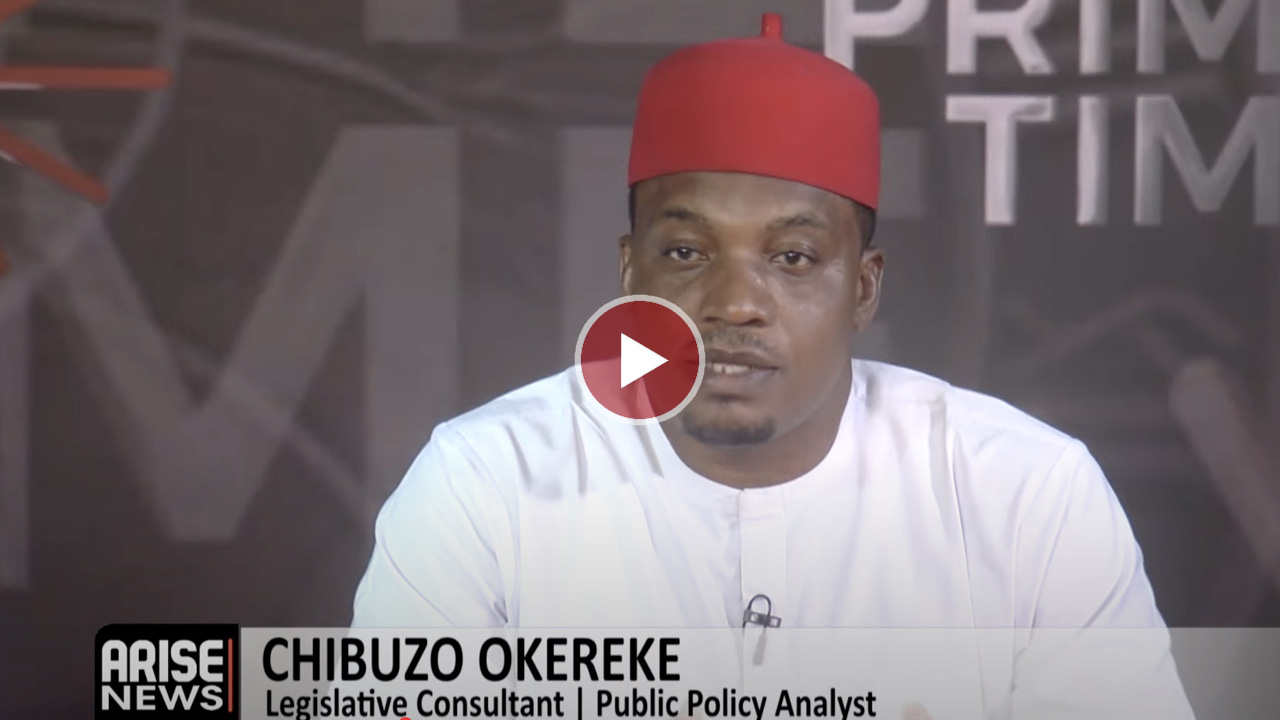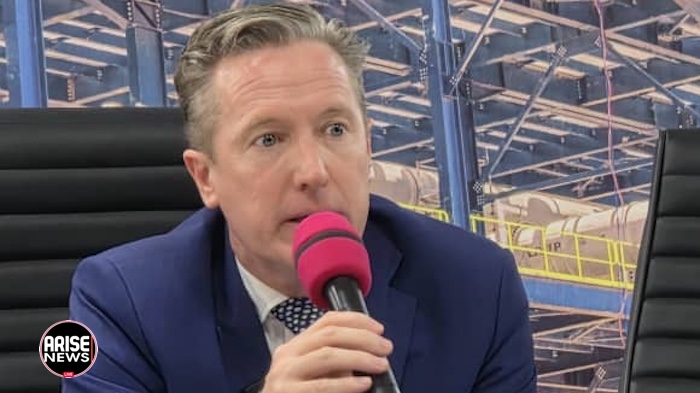

Legislative consultant and public policy analyst, Chibuzo Okereke, has criticised the Senate’s confirmation process for the new Chairman of the Independent National Electoral Commission (INEC), Professor Joash Amupitan, describing it as procedurally flawed and rushed.
Speaking on ARISE News on Thursday, Okereke said the confirmation process, which lasted just about two hours, failed to comply with several provisions of the Senate Standing Orders.
“Ordinarily, under Order 117A, when the President nominates a candidate for a known position such as INEC Chairman, the nominee should be referred to the appropriate committee — in this case, the Committee on Electoral Matters,” Okereke explained.
“However, the presiding officer simply read the letter and referred it to the Committee of the Whole by himself, without a motion or debate. He doesn’t have that discretion under the Order.”
He further pointed out that important procedural requirements — including verification of the nominee’s asset declaration and authentication of academic qualifications — were not addressed.
“Order 120A requires that each senator receive evidence of asset declaration for scrutiny, while Order 124B mandates the Senate to write to the schools attended by the nominee to verify certificates,” he said. “There was no indication that any of these were done.”
Okereke also lamented the limited participation of senators during the screening process.
“Only 20 senators asked questions out of 109. That means 89 senators were completely disenfranchised,” he said. “INEC operates across 179,000 polling units — every senatorial district has the right to ask questions.”
He criticised what he described as the “teacher-student model” of screening, where a handful of questions are asked without sufficient time for follow-ups or deeper interrogation.
“We have advised that at least three days — 72 hours — should be allowed for screening,” Okereke stressed. “You can’t read a letter on Tuesday and confirm by Thursday. When did all the prescribed procedures happen?”
On the new INEC Chairman’s remarks about the Supreme Court’s interpretation of the IReV portal, Okereke disagreed with the professor’s claim.
“It was not the Supreme Court that told us the purpose of IReV,” he said. “The former INEC Chairman himself explained at Chatham House what IReV was meant to do — to enhance transparency and restore public confidence. So, it’s not correct to say we only understood it after the Court’s pronouncement.”
While acknowledging Professor Amupitan’s calm temperament and impressive credentials, Okereke warned that reputation alone cannot guarantee success at the electoral body.
“INEC is not an institution one man can make work,” he noted. “There are national commissioners, resident electoral commissioners, and local-level officers who control enormous power in the process. The Chairman must manage all of them effectively.”
Looking ahead to the Anambra governorship election in November, Okereke said the new INEC boss should prioritise rebuilding public confidence rather than rushing into a forensic audit.
“The kind of audit he talked about will not happen before November 8th,” he explained. “He should focus on confidence-building — engaging the people, reassuring them, and holding state and local officials accountable. You can’t stay in Abuja and deliver a credible election in Nigeria.”
He emphasised the need for closer coordination among security agencies, communication regulators, and service providers, stressing that credible elections depend on collective effort.
“It’s not just INEC’s responsibility,” Okereke said. “Agencies like the NCC, NIMC, and service providers must work together to give Nigerians the technology and transparency they deserve.”
Okereke concluded that restoring public trust in Nigeria’s electoral process requires both procedural diligence and leadership integrity.
“INEC must not only be independent in name,” he said, “but must also be seen to act in the interest of Nigerians, not political convenience.,”he concluded.
Boluwatife Enome



